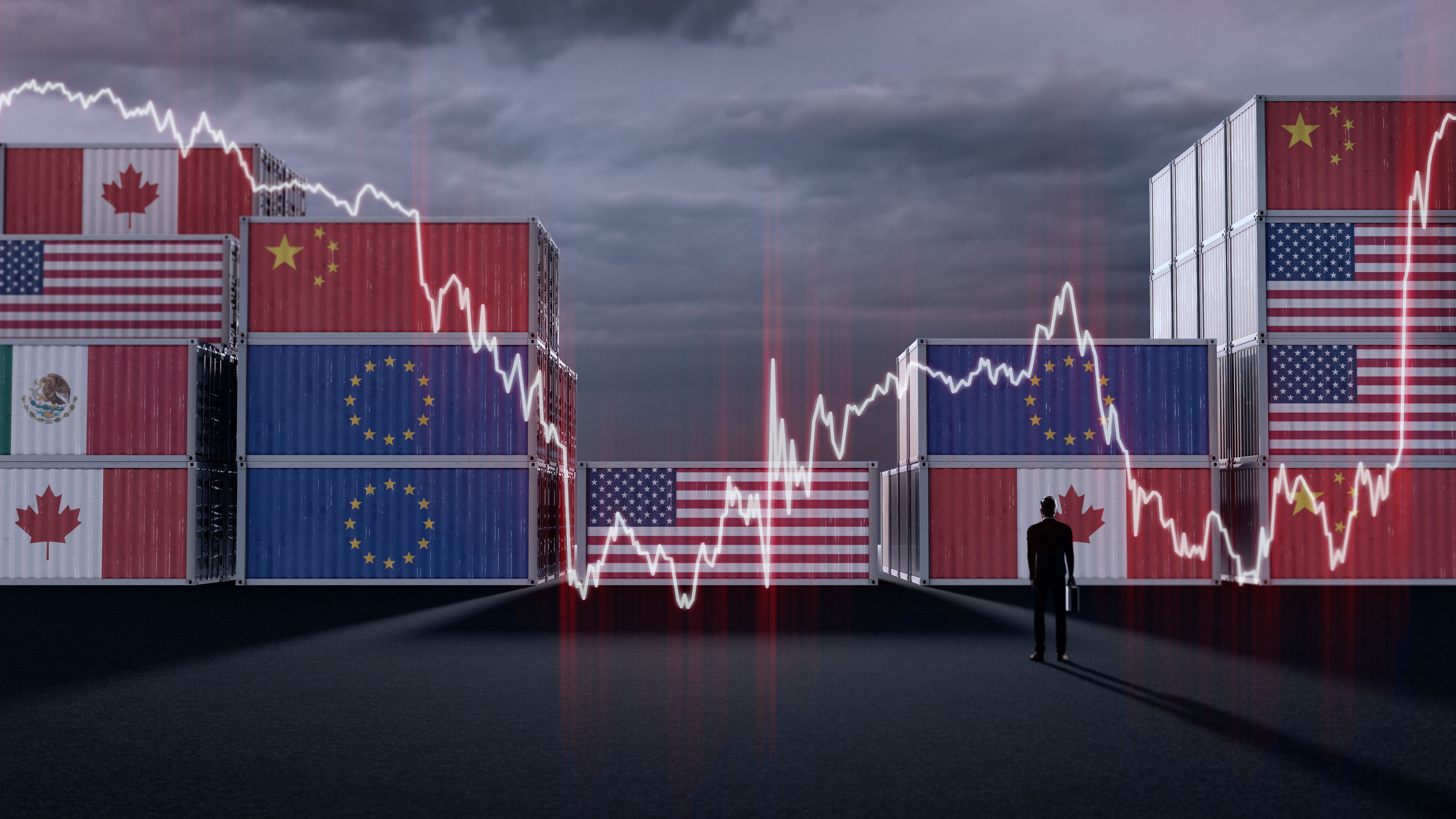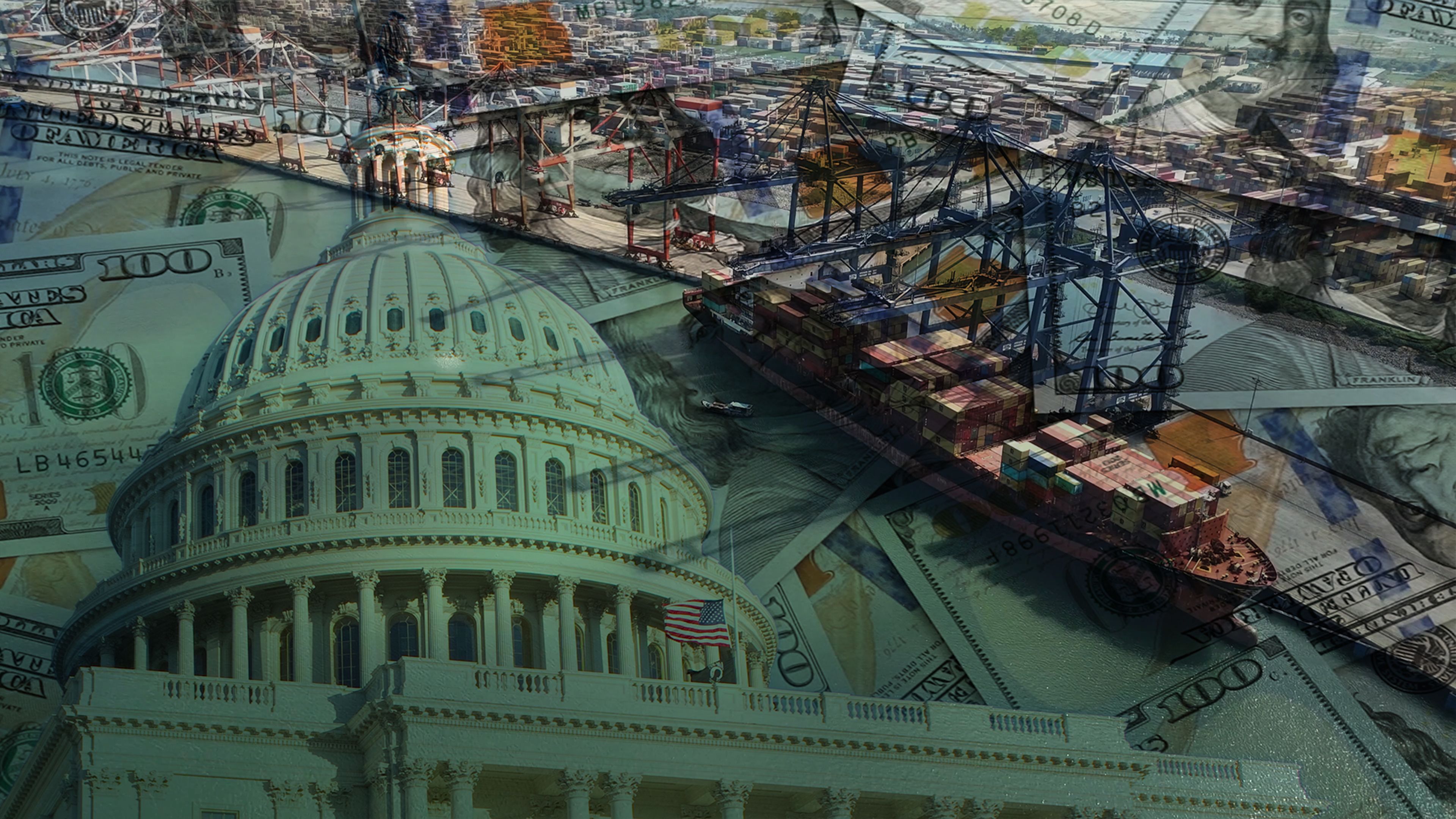The Impact of International Relations on Industry: Iran, Germany, the EU, and the USA
Understanding International Relations
The intricate web of international relations significantly influences global industries, particularly in key regions such as Iran, Germany, the European Union (EU), and the United States. These relationships impact trade agreements, economic policies, and political stability, each of which plays a critical role in shaping industry dynamics.
In the context of globalization, countries are increasingly interdependent. The political and economic decisions made by one nation can reverberate across the globe, affecting industries in other countries. Understanding these relationships is crucial for businesses looking to expand or maintain their market positions internationally.

Iran's Role in Global Industry
Iran holds a strategic position in the global energy market, with its vast oil reserves. The country's international relations, particularly with the United States and the EU, have a direct impact on oil prices and availability. Sanctions imposed by Western countries have historically restricted Iran's oil exports, leading to shifts in global energy markets.
Despite these challenges, Iran continues to seek ways to strengthen its industrial sector. The country has been working on diversifying its economy by investing in non-oil industries such as petrochemicals, mining, and manufacturing. These efforts are crucial for Iran to reduce its dependency on oil revenues and stabilize its economic future.
Germany: A Pillar of European Industry
Germany is often regarded as the economic powerhouse of Europe, with a strong industrial base that includes automotive, engineering, and chemical sectors. Germany's international relations are pivotal for the EU's economic stability. The country's ties with both Western allies and emerging markets influence trade policies and economic growth within the EU.

Germany's commitment to environmental sustainability has also influenced its industrial policies. The country is a leader in renewable energy technologies and aims to transition its industries to more sustainable practices. This focus on sustainability not only strengthens Germany's economy but also sets a precedent for other nations.
The EU's Economic Influence
The European Union is a significant player in global trade, with its member countries collectively representing one of the largest economies in the world. The EU's trade agreements with other nations shape market access and competitiveness for industries within the bloc. The EU's strong regulatory framework ensures high standards for products and services, impacting industries globally.

Brexit has posed challenges and opportunities for the EU's industrial landscape. The departure of the United Kingdom has required the EU to reassess its trade policies and economic strategies. Despite these challenges, the EU remains committed to fostering innovation and competitiveness across its industries.
The United States: A Global Economic Leader
The United States plays a dominant role in international relations and global industry. US policies on trade, tariffs, and foreign relations have direct implications for industries worldwide. The country's strong technological sector drives innovation and sets trends that influence global markets.
US relations with countries like China, Germany, and Iran are closely monitored by industry leaders as they navigate complex trade dynamics. Recent shifts towards protectionism have created uncertainties in global supply chains, prompting industries to adapt to changing conditions.

Conclusion: Navigating Global Industry Dynamics
International relations are an ever-evolving landscape that significantly impacts industries worldwide. Companies must stay informed about geopolitical developments to navigate the complexities of global markets effectively. By understanding the intricacies of international relations among key players such as Iran, Germany, the EU, and the United States, industries can better position themselves for growth and resilience.
Ultimately, fostering strong international partnerships and adapting to global trends are essential strategies for businesses aiming to thrive amid the challenges posed by international relations. As industries continue to evolve, staying attuned to these dynamics will be more important than ever.